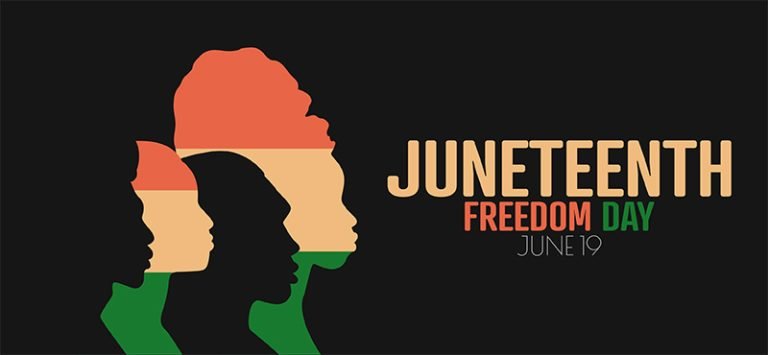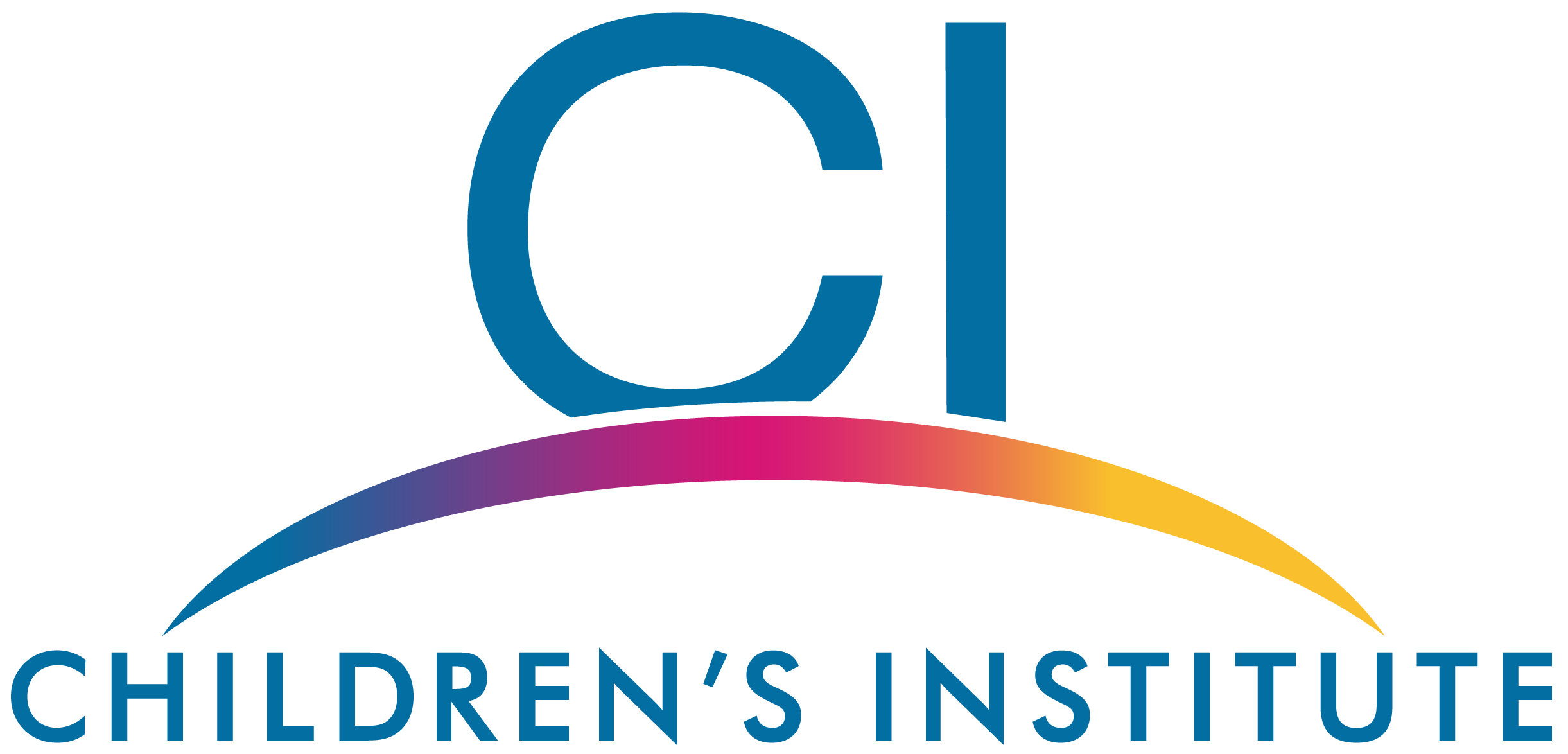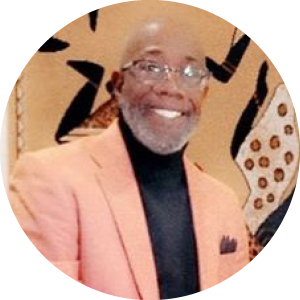Celebrating Freedom: Juneteenth

I am reminded of the fateful words of Frederick Douglass from a speech he delivered 170 years ago that still resonate very much in 2022 as African American and people of color in America continue the fight for the same equity and equality that this great abolitionist was waging in the mid-19th century.
When Douglass delivered his famous “The Meaning of July Fourth for the Negro” address before an audience at Corinthian Hall in Rochester, New York, on July 5, 1852, he was issuing a scathing indictment of American hypocrisy. Washington Post columnist Courtland Milloy said that it was “a critique of a nation that claimed to hold dear the principles of freedom, justice and equality even as it enslaved black people.”
In a time of manifested and blatant racism, racial violence, as well as the increase of hate crimes in America, we are experiencing undue stress, hopelessness, helplessness, and despair resulting in fear, anger, and trauma. A time where disparities in educational, medical, financial, economic, and judicial systems, are still negatively impacting communities of color where there continues to be inequities and inequalities, a feeling of enslavement.
Frederick said in his address, “…I say it with a sad sense of the disparity between us. I am not included within the pale of this glorious anniversary! Your high independence only reveals the immeasurable distance between us. The blessings in which you, this day, rejoice, are not enjoyed in common. — The rich inheritance of justice, liberty, prosperity, and independence, bequeathed by your fathers, is shared by you, not by me. The sunlight that brought life and healing to you, has brought stripes and death to me. This Fourth |LS|of|RS| July is yours, not mine. You may rejoice, I must mourn. To drag a man in fetters into the grand illuminated temple of liberty and call upon him to join you in joyous anthems, were inhuman mockery and sacrilegious irony."
It is important to note that the time and circumstances surrounding July 4th of 1776, this address demanded an unapologetic approach of Frederick Douglass’ delivery. It was demanded because it would be another 89 years after 1776, that the enslaved people will have their freedom. So, what did enslaved people have to celebrate? They were, as we are today, expected to celebrate the independence of their oppressors.
While slavery has long been abolished and outlawed, the sentiment behind the address still applies in many unfortunate ways when it comes to the overall Black experience in America.
So, Douglass continues, “…What, to the American slave, is your 4th of July? I answer: a day that reveals to him, more than all other days in the year, the gross injustice and cruelty to which he is the constant victim. To him, your celebration is a sham; your boasted liberty, an unholy license; your national greatness, swelling vanity; your sounds of rejoicing are empty and heartless; your denunciations of tyrants, brass fronted impudence; your shouts of liberty and equality, hollow mockery; your prayers and hymns, your sermons and thanksgivings, with all your religious parade, and solemnity, are, to him, mere bombast, fraud, deception, impiety, and hypocrisy — a thin veil to cover up crimes which would disgrace a nation of savages. There is not a nation on the earth guilty of practices, more shocking and bloody, than are the people of these United States, at this very hour…”
When we consider and celebrate Juneteenth, it is important to know and understand its history. Again, while America was celebrating her independence from Great Britain in 1776, Black people of Africa were still enslaved and would be for 89 years afterwards.
So, what is Juneteenth?
In 1863, during the American Civil War, Pres. Abraham Lincoln issued the Emancipation Proclamation, which declared more than three million slaves living in the Confederate states to be free. More than two years would pass, however, before the news reached African Americans living in Texas. It was not until Union soldiers arrived in Galveston, Texas, on June 19, 1865, two years later, that the state’s residents finally learned that slavery had been abolished. The former slaves immediately began to celebrate with prayer, feasting, song, and dance.
The following year, on June 19, the first official Juneteenth celebrations took place in Texas. The original observances included prayer meetings and the singing of spirituals, and celebrants wore new clothes as a way of representing their newfound freedom. Within a few years, African Americans in other states were celebrating the day as well, making it an annual tradition. Juneteenth became a state holiday in Texas in 1980, and several other states subsequently followed suit. In 2021 Juneteenth was made a federal holiday. The day is also celebrated outside the United States, being used by organizations in a number of countries to recognize the end of slavery and to honor the culture and achievements of African Americans.
Because African Americans were excluded from the independence of America, we celebrate our own independence from slavery, and we share in celebrating with others who also suffer the injustices, inequities, and inequalities of our society. In this season of independence, we celebrate our freedom, or heritage, our civil rights, our voting rights, and our human rights. We also celebrate our religious rights, and all that America has to offer as we continue in this fight for liberty and justice for all.
As we celebrate Juneteenth 2022, let us remember that our independence is worthy of our continued fight against racism in all its forms. Let us remember those who gave their blood for our freedom, our ancestors, our parents, and grandparents; let us celebrate our children and our communities. Let us stand together for the greater good of all people, and may God bless our continued efforts in dismantling and interrupting structural and systemic racism and inequities.
Happy Juneteenth!!!

